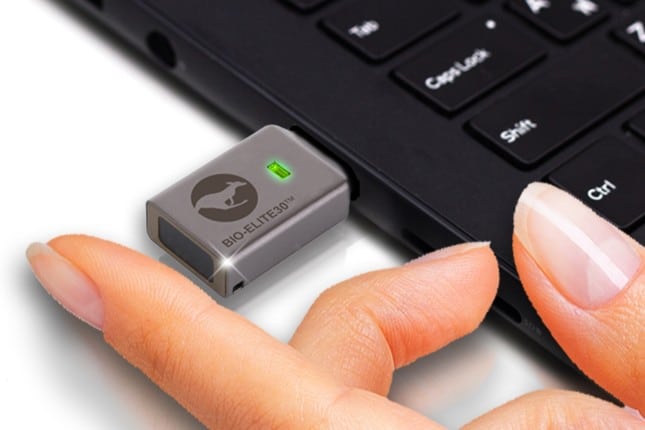
Kanguru Defender Bio-Elite30 is a fingerprint hardware encrypted USB flash drive for Windows, Mac, and Linux
Hardware encrypted USB flash drives are fairly common, but usually, they leverage keypads for unlocking. Biometrics -- such as a fingerprint reader -- are far more convenient, however. Today, Kanguru launches a new hardware encrypted flash drive that uses your finger to decrypt it.
Called "Defender Bio-Elite30," the company claims the drive will work on any operating system, meaning those on Windows, Mac, or Linux can take advantage of the biometric unlocking. The drive will even work with devices such as Smart televisions. The Defender Bio-Elite30 is bus-powered too, so you won't have to be concerned about an internal battery failing. Believe it or not, despite the cool technology, it is rather affordable.
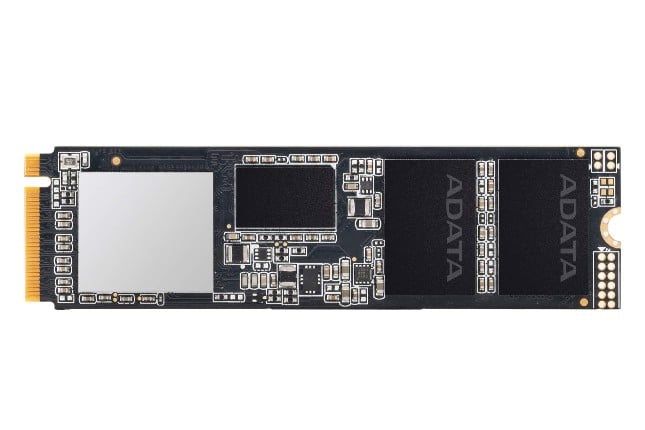
ADATA launches IM2P33E8 PCIe Gen3x4 M.2 SSD
If you are a computer enthusiast, you likely have a solid state drive in your computer, but if it a SATA variant, you are truly missing out. PCI Express-based NVMe SSDs are far faster, and if your PC can accommodate such a storage drive, it is well worth the upgrade. Prices on these drives have dropped significantly, making them a "no-brainer" for those that crave speed and top performance.
Today, ADATA launches its latest such drive. The unimaginatively named "IM2P33E8," as it is called, is mostly designed for harsh industrial applications, but it can, of course, be used in consumer laptops and desktops as well. Since it is a PCIe Gen3 x4 drive, it is insanely fast.
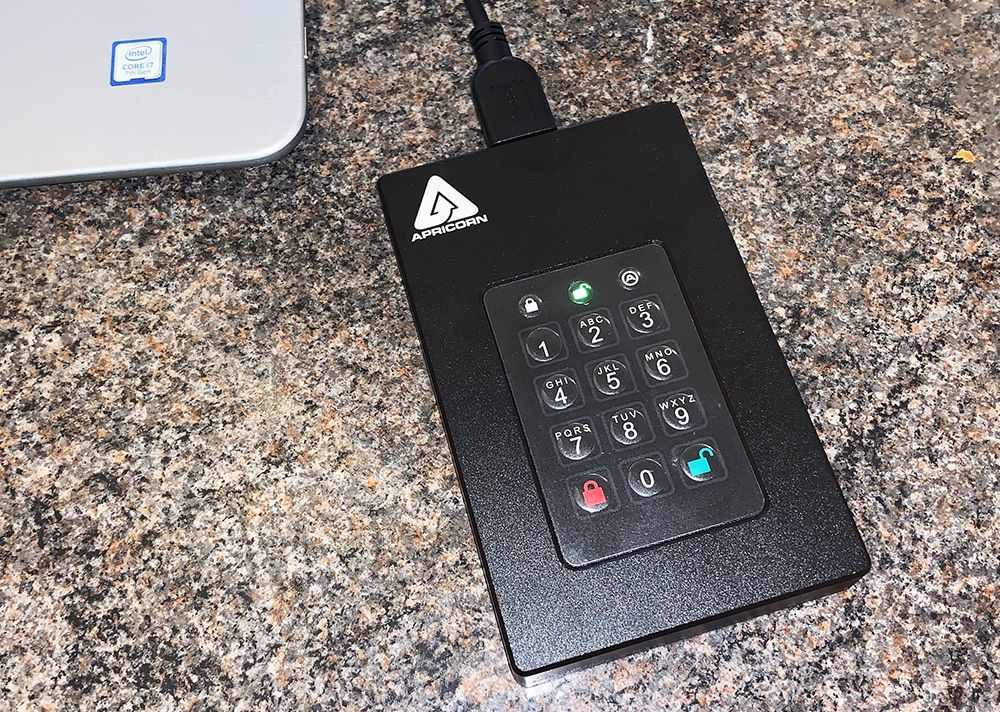
Aegis Fortress L3: A super-secure portable drive [Review]
If you have private files that you want to be able to access when on the go, you could consider uploading them to the cloud, or carrying them around on a USB flash drive. The trouble with the former option is you’re entrusting your content to a third party, and in the case of the latter, you run the risk of losing the drive, allowing anyone who finds it to view your data. You could protect your files using software encryption, but it’s not 100 percent secure.
A much better, and far safer solution is to store your data on a hardware encrypted USB drive like the Aegis Fortress L3.
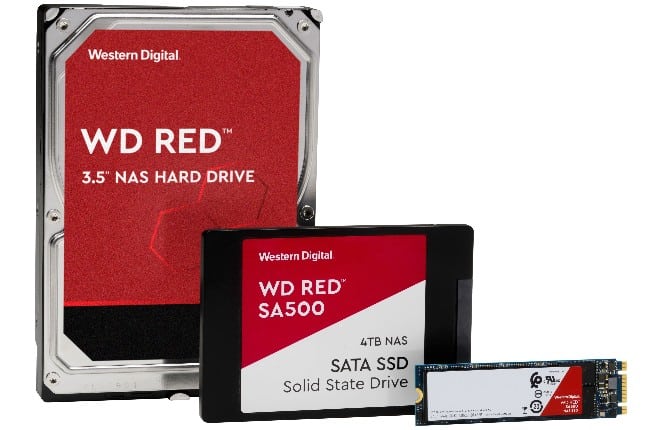
Western Digital launches WD Red SA500 NAS SSD and 14TB WD Red NAS HDD
For some people, it makes sense to store your data on someone else's drives -- that's what cloud storage is, after all. For others, they want full control of their data by storing it locally on their own storage devices. Keep in mind, just because you are storing data yourself, doesn't mean it can't be accessed remotely or by other machines on the same network. By using network-attached storage (NAS) you can easily access your data on your own terms.
Today, Western Digital unveils new WD Red NAS storage drives, and it is very exciting. You see, the WD Red NAS line no longer just includes mechanical hard drives -- there are solid state drives now too! Called WD "Red SA500," there are two types of the NAS SATA SSD available -- 2.5-inch and M.2.
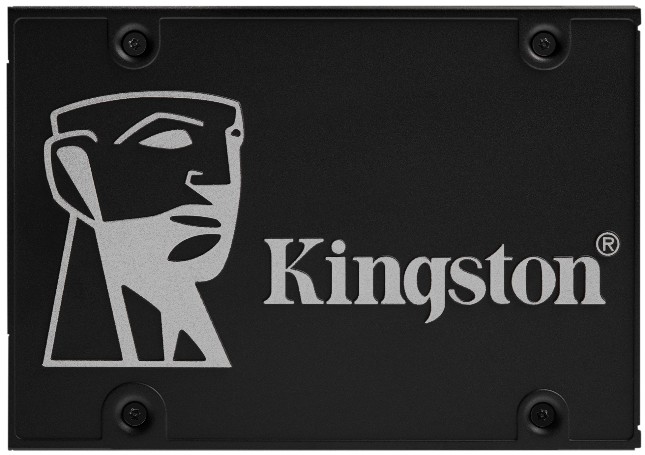
Kingston launches KC600 SATA SSD
Believe it or not, there are people still running computers without a solid state drive. With prices so low nowadays, there is really no reason for your operating system to be installed on a mechanical hard drive. Seriously, folks, an SSD is one of the best -- and most cost effective -- upgrades you can make.
Today, Kingston unveils its new line of solid state drives. Called "KC600," the drives are designed for upgrades, as they feature a 2.5-inch form factor and SATA connectivity. In other words, it should be a simple drop-in when removing the old hard drive. Best of all, it is very affordable, with pricing starting under $50!
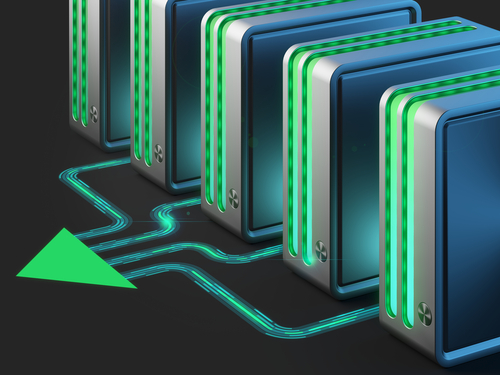
Intelligent NAS solution simplifies file management and reduces costs
Network attached storage (NAS) solutions traditionally require multiple systems and a relatively complex infrastructure.
Cohesity is launching a software-defined solution for NAS that simplifies things and provides a new level of intelligence, security, scalability and storage efficiency.
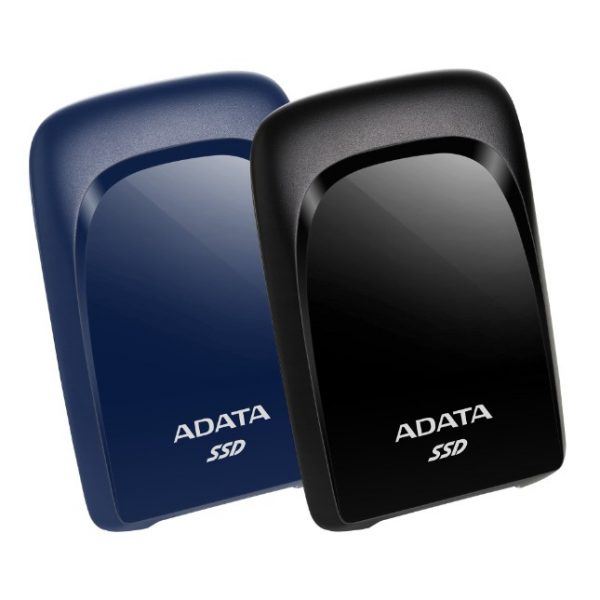
ADATA launches SC680 USB-C SSD
If you need external storage, you should always try to get a solid state drive -- if you can afford your needed capacity, of course. Not only is an SSD much faster than a mechanical hard disk drive, it can be more reliable too. You see, since an SSD doesn't have moving parts, it is less likely to become damaged from jostling. An HDD, by comparison, can become corrupted by bouncing around in your bag or luggage.
Another benefit of an external solid state drive over a hard disk drive is its physical size -- an SSD can be much smaller, which is superior for traveling. Today, ADATA launches a new USB-C SSD that is tiny and adorable. Called "SC680," it is thin, light, and pretty fast.

IT departments struggle with data growth and inadequate infrastructure
There is global concern about the business impact and risk from rampant and unrestricted data growth according to a new report.
In addition the study from StorageCraft shows that the IT infrastructures of many organizations are struggling, and often failing, to deliver business continuity in the event of severe data outages.

Global growth is driving a fundamental shift in enterprise IT
Organizations are going global and their infrastructures, thanks to the cloud, are going global as well. Today, mid-sized and even small companies are doing business on a global stage. Whether this global growth takes place by opening new offices or by acquiring them, one of the thorniest challenges is enabling collaboration between them, because it requires sharing large, unstructured data and application files across vast distances. And this task only becomes more complex and difficult as both files and the number of people who need to work with them simultaneously grow larger. This shift toward more companies going global creates a distinct need.
The traditional IT infrastructure -- one in which the corporate data center is located at the headquarters -- is not at all suited for providing collaboration with large files at scale. What's required is a new, disruptive technology category, with platforms that combine the control and performance of network attached storage (NAS) with the unlimited capacity and economy of the cloud.
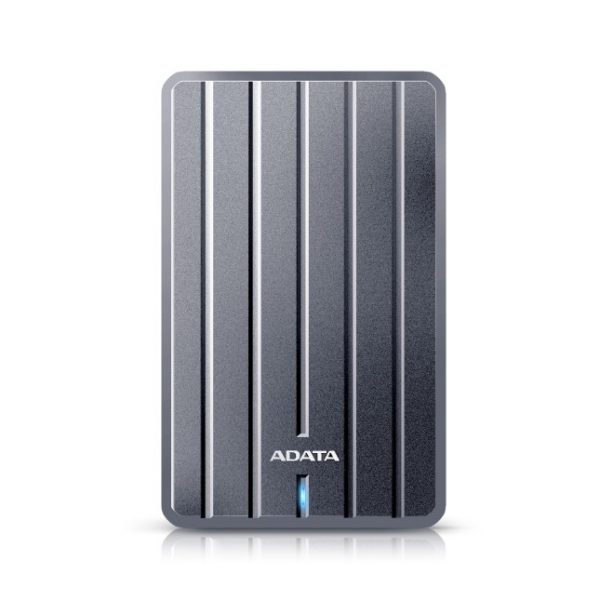
ADATA unveils UFU33B USB Flash Drive and IESU317 external SSD
Despite the surge in cloud storage adoption nowadays, sometimes local storage is still needed -- particularly external drives. After all, fewer consumers are buying desktops these days, instead relying on laptops, tablets, and convertibles. These computer types typically don't allow the addition of a second internal storage drive -- some don't even allow an upgrade of the sole drive. Thankfully, good ol' USB is still here to expand storage.
Today, ADATA unveils two new drives that utilize the tried-and-true USB-A connection. One is a flash drive, while the other is an external solid state drive. Neither product is particularly remarkable, but that is OK -- these are designed for functionality only. In other words, they aren't supposed to revolutionize anything or win a beauty pageant. With that said, they both are rather pretty.
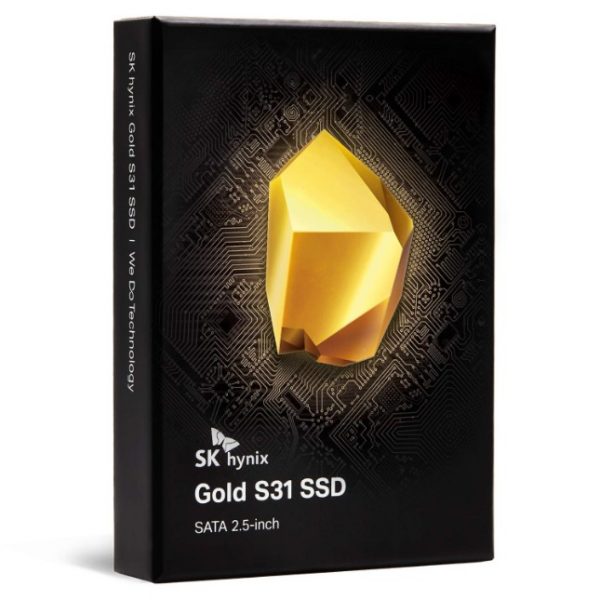
SK hynix launches 'Gold S31' SATA SSD
SK hynix is a huge name in the technology market, providing memory to many big companies, such as Apple. With that said, the average home consumer probably won't know the name. That is to be expected, as the company hasn't really tried to advertise its brand to consumers.
Today, this changes, as SK hynix launches a solid state drive for the consumer market in the USA. Called "Gold S31," it is a 2.5-inch SATA variant -- perfect for those wanting to upgrade an older mechanical hard drive. Best of all, it is very affordable. The company plans to release a PCIe model in the future.
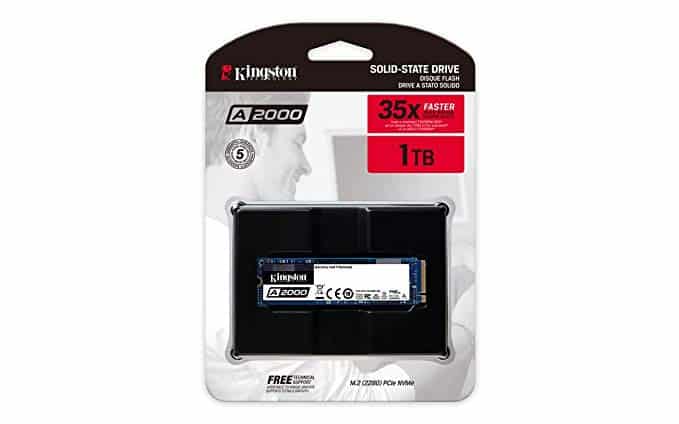
Kingston unveils A2000 NVMe PCIe SSD
Today, Kingston announces a new NVMe solid state drive, called "A2000," and unfortunately, it isn’t too exciting. Don’t get me wrong, it is plenty fast, but hardly the fastest.
Here’s the thing, folks, PCIe 4.0 drives will soon be flooding the market, and this new model from Kingston still uses the older PCIe 3.0. With that said, most computers do not support PCIe 4.0, so consumers largely can’t take full advantage of an SSD using that new standard anyway.
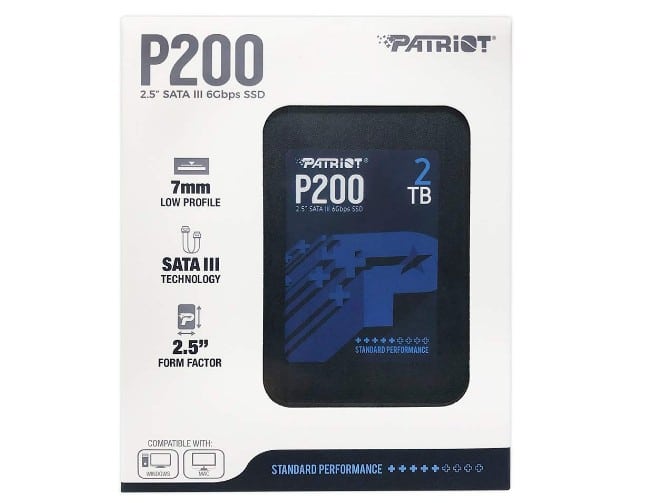
Patriot launches P200 SATA SSD
It is amazing to see just how inexpensive -- and unremarkable -- SATA solid state drives have become. With NVMe SSDs far exceeding the performance of SATA variants, consumers are no longer excited by SATA drives. And that's a shame. Look, everyone wants the best performance, but most don't need it. In real world usage, most consumers won't see a difference between SATA and NVMe SSDs, so why shouldn't they save some money and go with the former?
Today, Patriot launches the affordable and boring P200 SATA SSD. It isn't the fastest, it isn't the best looking, and it even hilariously says "standard performance" on the body, letting you know not to get excited. But you know what? It is good enough for most folks, and pricing starts at just $31.99. Not everything has to be top of the line and flashy. If you want to upgrade from a mechanical hard drive, why not the 7mm 2.5-inch P200?

Enterprises struggle to support edge workloads
The use of edge computing is driving a need for more local computing power, but a new study reveals that enterprises are facing problems when it comes to supporting edge workloads.
The survey of more than 300 storage professionals from computational storage specialist NGD systems finds that while enterprises are rapidly deploying technologies for real-time analytics, machine learning and IoT, they are still using legacy storage solutions that are not designed for such data-intensive workloads.

New platform streamlines cloud storage support and recovery
As businesses move more of their workloads to the cloud they depend on data and applications always being available and secure. But this can conflict with the need for regulatory compliance and effective backup regimes.
Quest Software is launching a new version of its QoreStor product that helps businesses to easily move, recover and store data from on premise and cloud locations.
